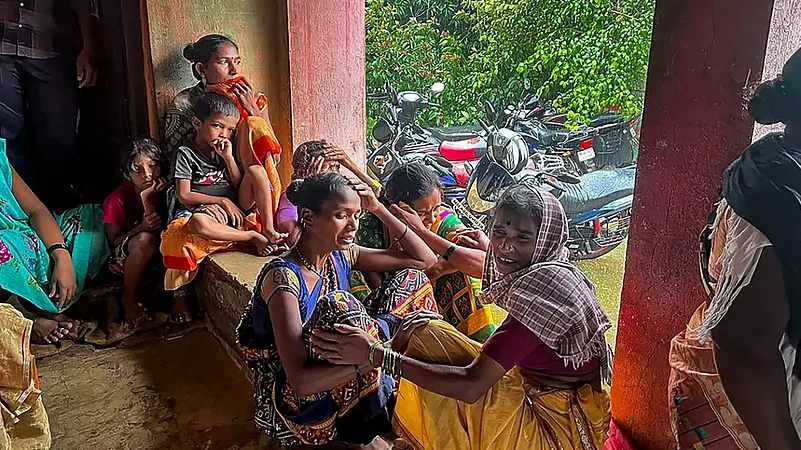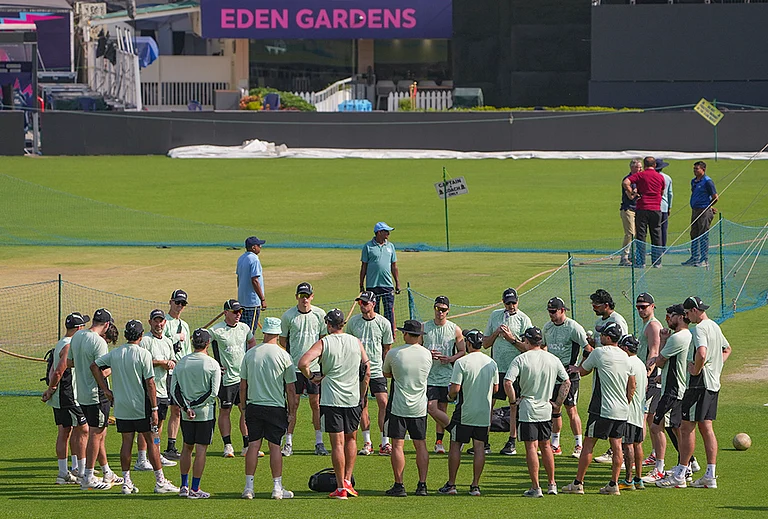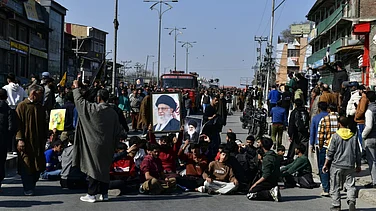In the wake of a catastrophic landslide that engulfed an entire village in Maharashtra's Raigad area on that fateful July 19 night, the scars of that traumatic event still linger vividly in the minds of those who survived. For the residents of Irshalwadi, who now reside in makeshift container homes just a stone's throw away from their former lives, the menace of climate change has descended upon their doorstep. Extreme weather events, experts argue, have rendered the hillsides increasingly precarious, a ticking time bomb that threatens their very existence.
Prakash Gajbhiye, director of the Geological Survey of India (GSI) in Pune, points out that while rainfall levels have remained relatively constant, the temporal dynamics have shifted. The rains now arrive in shorter, more intense bursts, saturating the soil and rocks, and precipitating sudden landslides. Man-made activities, such as deforestation, construction-related slope cutting, and alterations in natural drainage patterns, further exacerbate these risks, PTI reported.
As experts analyze broader climate trends, the residents of Raigad grapple with an uncertain present and an even more uncertain future. They agonize over whether they should remain in the homes that have been passed down through generations or accept the inevitable and relocate to safer areas.
One such resident, Manisha Yashwant Dore, resides in a temporary container home near Irshadgad fort. Although it offers better amenities compared to the past, it can never replace the simple yet fulfilling life they once had in Irshalwadi. Memories of her daughter's cries for help during the landslide still haunt her, a tragedy that claimed seven members of her family.
Similar stories of uncertainty and impending danger echo across nearby villages. The threat of landslides looms large over the residents of Changewadi, where a colossal boulder threatens to come crashing down. Their demand is simple: remove the boulder, and they will stay. The Thakar tribe, to which many of these villagers belong, has lived in harmony with the forest for generations, and they are reluctant to abandon their ancestral homes.
This heartbreaking narrative repeats itself in numerous villages, such as Tadwadi and Beedkhurd, where sinking land and cracks have sparked concerns. Irshalwadi, tragically, is not the only village to have suffered such a fate. In 2021, Tailye village in Raigad experienced a similar landslide tragedy, resulting in the loss of 87 lives.
The statistics paint a grim picture, with the Raigad district collectorate reporting nearly 350 lives lost due to extreme weather events between 2005 and 2021. Vivek Gaikwad, deputy collector of Konkan division, has identified 109 landslide-prone villages, with nine classified as "most vulnerable" and 11 as "moderately vulnerable." The Geological Survey of India has recommended the permanent relocation of six Raigad villages.
However, Ulka Mahajan, a social activist working closely with the tribal communities, believes that more villages require rehabilitation. For these tribes, their lives are intricately linked to the forests, making proximity to these natural resources a critical factor in any relocation effort.
Climate scientist M Rajeevan attributes the region's extreme weather events to the warming of the Arabian Sea. The geological composition of the Deccan plateau, with its unique basalt rock formations, also makes Raigad more susceptible to landslides compared to other areas.






















